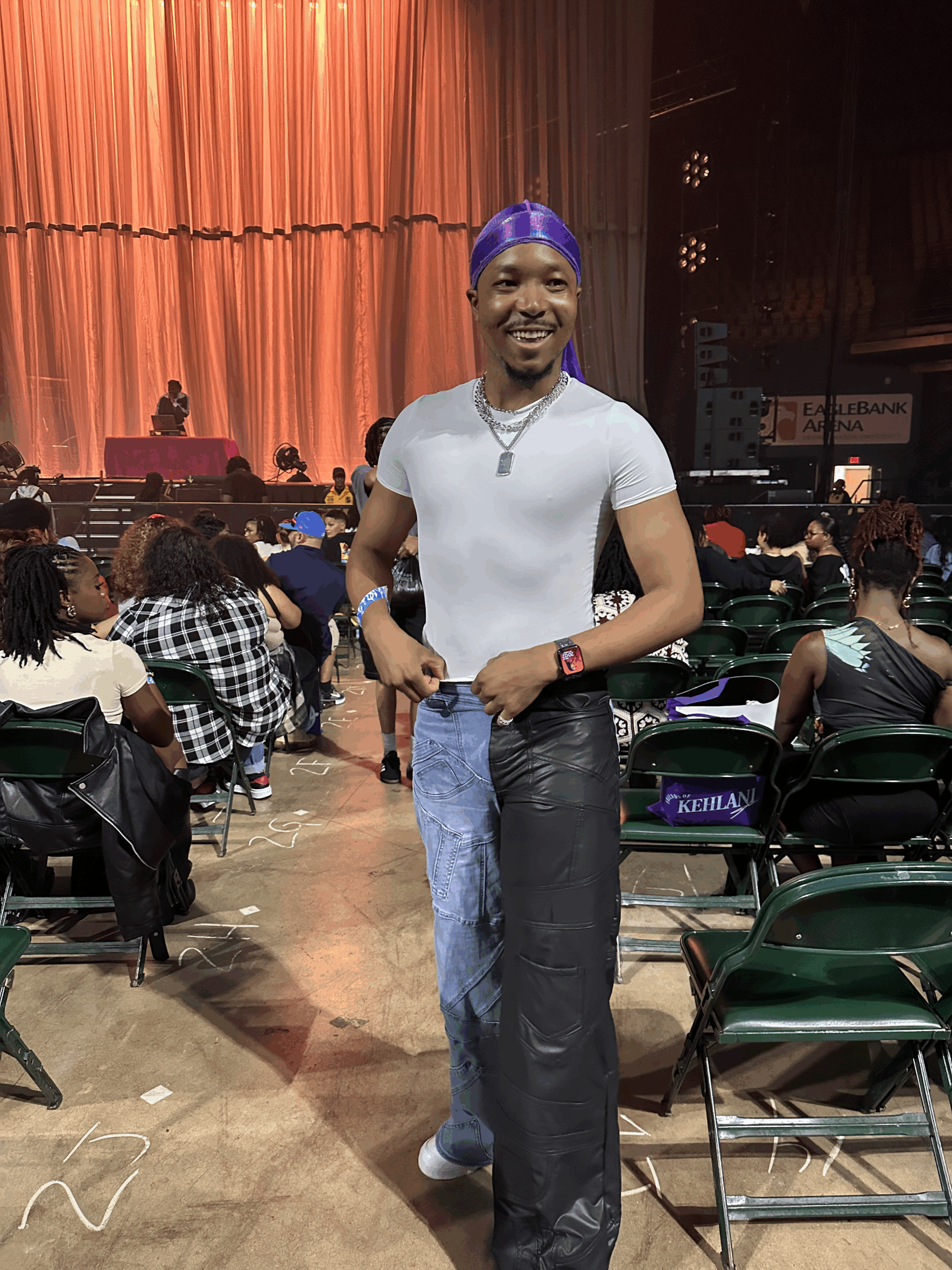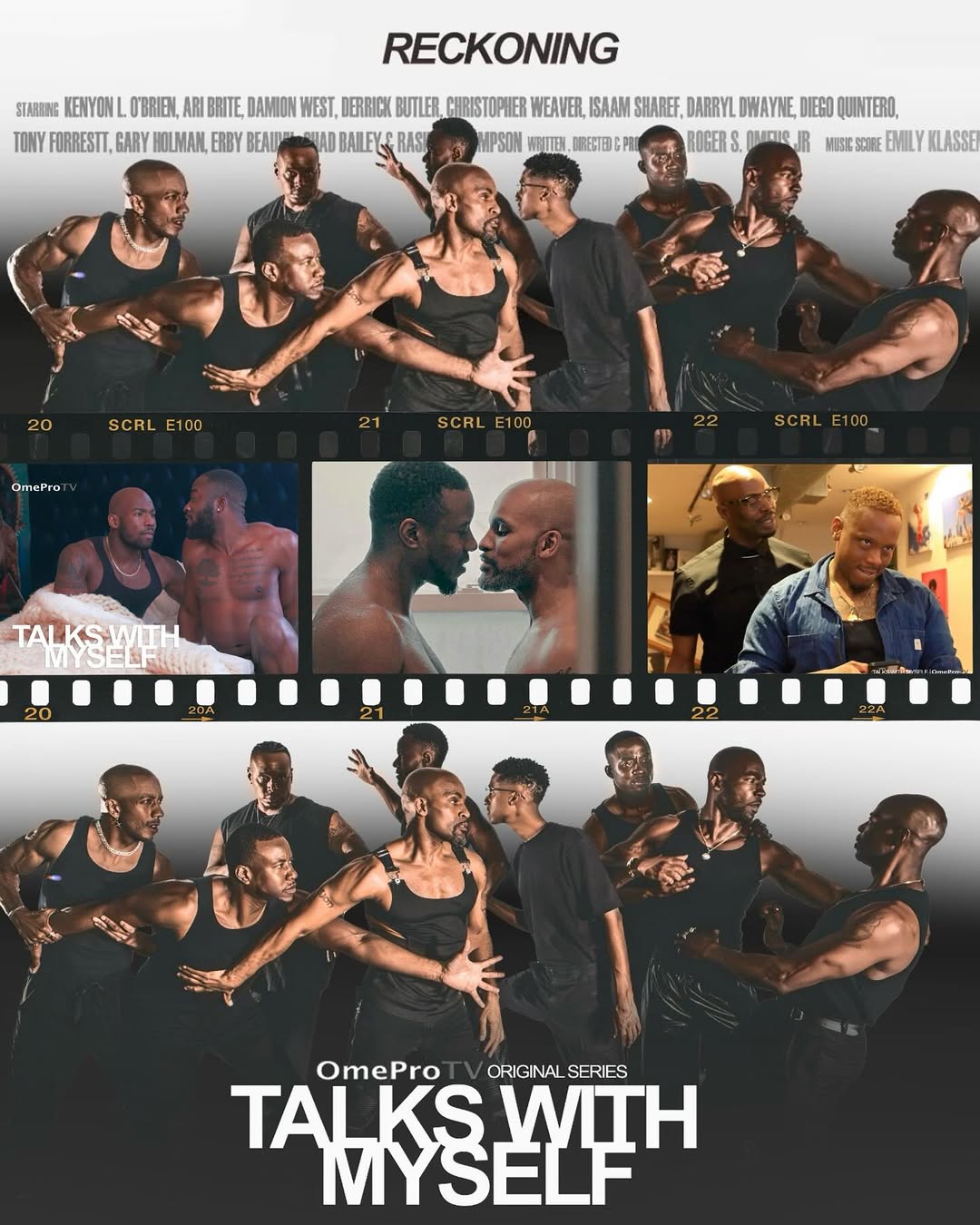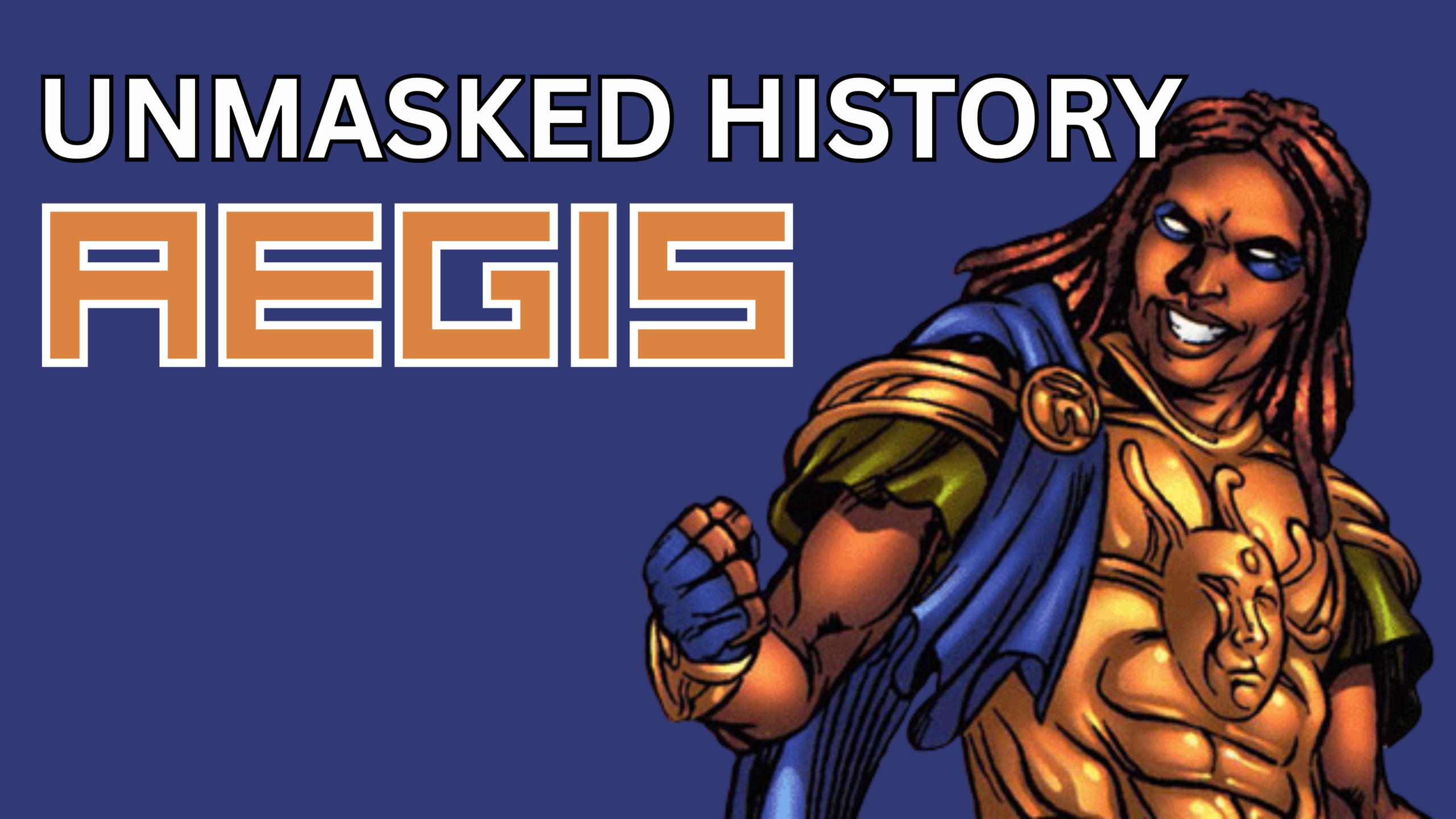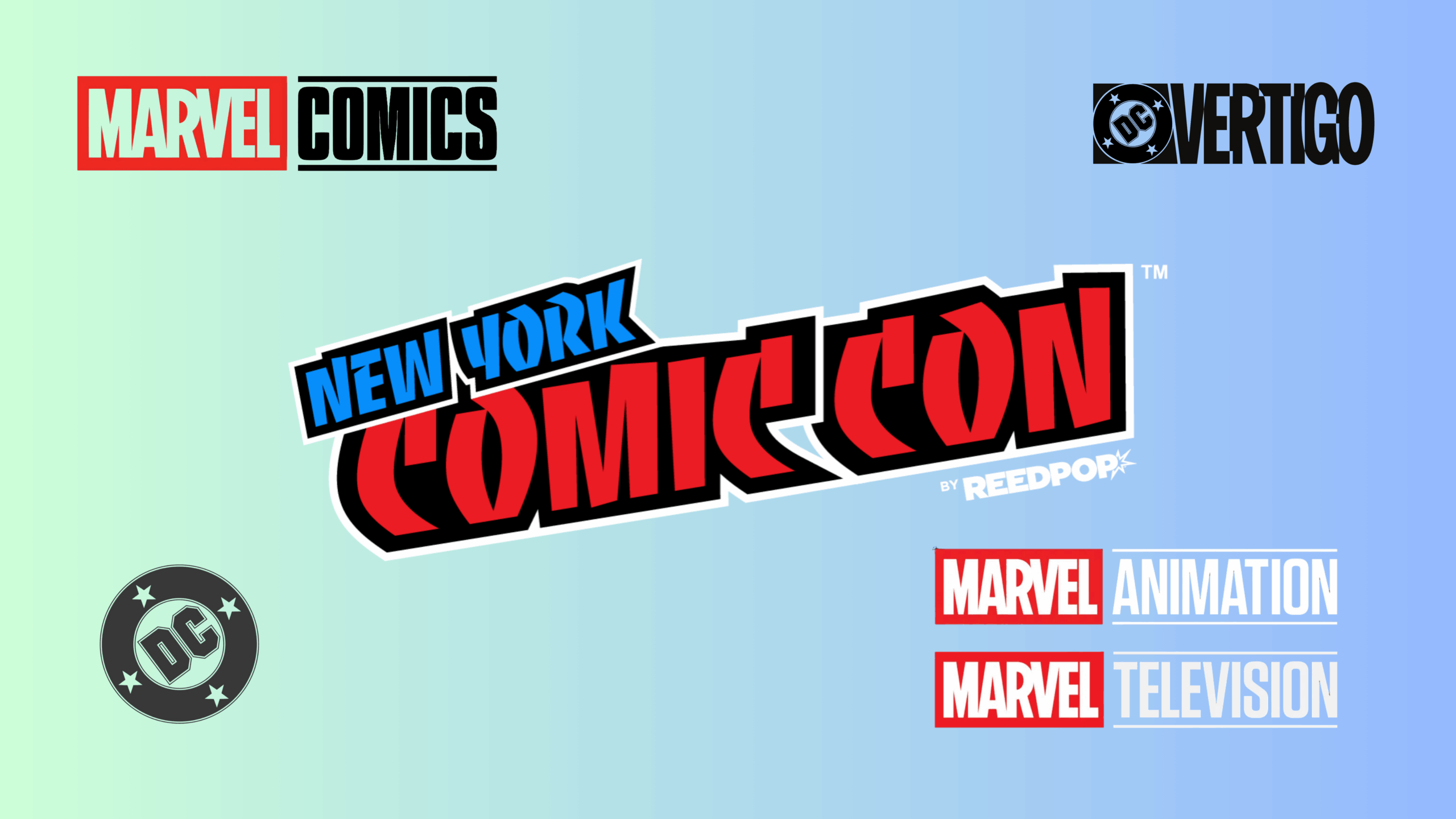Gaming is a form of escapism that allows people to take a break from a painful reality to relish in joy. Decades of gaming have led to esports, where talented players are made into celebrities within the gaming community. As always, representation matters, and it’s imperative you know who some of the esport gamers are leading the pack.
The History of LGBTQ+ In Esports
I want to make sure we’re all on the same page, so I’ll give a brief synopsis of esports and some of its history. Esports (electronic sports ) is a competitive gaming scene similar to traditional sports. It has tournaments and league structures identical to the IRL thing. Yay, sports!
The first nationwide gaming competition was held for the game Space Invaders, and it had 10,000 participants. In 1981, the inaugural Donkey Kong tournament was held. The early 1990s was the birth of the FGC (fighting game community) in esports. Street Fighter and Mortal Kombat brought in a new set of esports competitors. The 1990s also birthed the FPS (first-person shooter) esports community. Games like GoldenEye led the groundwork for future FPS gaming tournaments for games such as Starcraft, Warcraft, Overwatch, Call of Duty, and Halo. In 1998, Starcraft 2 marked a momentous shift in the popularity of esports as it brought in more than 50 million viewers.
The momentum didn’t stop there. In the early 2000s, the tournament hosted the World Cyber Games and Electronic Sports World Cup, which debuted after the 2002 launch of Major League Gaming, one of the world’s most embossed hosts in esports. After that, Halo 2 was the first televised tournament to air on USA Network in 2006. What solidified esports was when League of Legends held its first World tournament in 2011, then sold out the Staples Center within minutes of ticket sales in 2013. There are various types of esports tournaments today, including genres such as FPS, MOBA (multiplayer online battle arena), fighting, and sports.
LGBTQ+ Representation Within the Esports Community
It comes as no surprise that LGBTQ+ representation in any form of competitive sports wasn’t well-received. That is not to say they don’t exist within the gaming community. A 2024 study done by GLAAD (Gay & Lesbian Alliance Against Defamation) revealed that every 1 in 5 gamers under the age of 35 identify as LGBTQ+. There are some individuals within the gaming community that I respect for using their platform to dominate the esports scene while promoting representation.
SonicFox

26-year-old Dominique McLean, aka SonicFox, is a 6x Black EVO champion who’s dominated the fighting game esports scene since 2013. Not only are they the highest-paid esports player, but they’re also one of the best gamers in the FGC (fighting game community).
Before their public announcement of coming out as gay, SonicFox came out to a fellow gamer, KitanaPrime, who accepted them with no hesitation or no question at all. This unwavering support from KitanaPrime strengthened Domnique’s resolve when he came out. Dominique refused to let anyone make them feel like sh*t for being himself. In 2018, he came out on Twitter as gay (and the best Dragonball Fighter-Z player on the planet).
Later that year, Dominique won the award for Best Esports Player and gave a speech. “I’m gay, Black, and a furry—pretty much everything a Republican hates—and the best esports player of the whole year.”
In September 2019, SonicFox again announced that he is nonbinary and goes by he/they. Dominique uses their platform to normalize individuals who identify as non-binary and to advocate for proper mental health in the esports community.
Magi

Sasha Sullivan is the first woman and first trans person to break into the top 100 global rankings in Super Smash Bros. Melee. Sasha dominates in the Melee scene with her longtime main, Falco.
Sasha’s impact on the Smash community is nothing but phenomenal. She loves to display her LGBTQ+ identity without shame, and she has become a role model to other queer people in the Smash community. Sasha encourages queer individuals and other women of the Smash community to be comfortable in their skin (Beyonce pun intended) and learn to love themselves for who they are. She creates a safe, comfortable space wherever she goes.
florescent

17-year-old Ava Eugene, a trans girl, debuted in the competitive Valorant scene playing for the Misfits Blacks in 2022. Her sublime gaming skills blew everyone’s expectations out of the water. She was even a fan favorite of the VCT Game Changers North American tournament 2023 with her team, Shopify Rebellion. Ava has only been in the limelight for a couple of years, but I know she’ll continue to dominate the scene and blow expectations out of the water. I cannot wait to see what the future holds for her.
Biofrost

Vincent Wang is a professional League of Legends player who made their debut in the esports scene in 2015 as a member of the disbanded Team Frostbite. After leaving Team Frostbite, Vincent joined TSM (Team SoloMid) and plays for Team Dignitas.
In May 2022, Vincent released a statement on Twitter announcing to the world that he identifies as gay. In his statement, he touches on his hard upbringing of concealing who he is, always being hyper-conscious of how he acts or talks. Teammates and staff from the teams he played for made him feel uncomfortable by making homophobic statements, fearing he would lose his job if he lived in his truth.
After describing how hyper-conscious he’s had to be, Vincent talks about now being comfortable in his skin and thanking his close friends and family for their unwavering support. He made the announcement publicly because he wanted to call out the rampant sexism, prejudice, and homophobia within the gaming industry so that the community may begin to do the work to educate others in the gaming industry on how to be more welcoming.
Ricki Ortiz

Ricki Ortiz is the original and long-standing FGC esports player who paved the way for women and queer players in esports today. With 21 years of gaming under her belt, this trans legend continues establishing herself as a dominant esport athlete while working to improve the community.
Ricki came out as gay the same year they joined FGC (fighting game community) esports. Of course, she was faced with backlash from others and support from her circle, but she was faced with even more backlash when she came out again as a trans woman. Ricki said that watching RuPaul’s Drag Race and seeing YouTube star Gigi Gorgeous’ transition was what made her want to become the fierce, unstoppable woman she is today. She navigated her coming out and transitioning while staying on top of her A-game when competing. If that’s not a testament to perseverance, then I don’t know what is!
Ricki Ortiz plays a significant role as a gamer and is a massive help to her team, the Evil Geniuses. After 13 years of unwavering support, she continues to make changes within her community. In July 2020, she helped Evil Geniuses launch their Live Pride podcast. In November 2020, she was also among the many faces of the It’s In Our Spirit campaign. The campaign’s primary objective was to celebrate diversity by featuring other notable LGBTQ+ advocates, Tessa Thompson being one of them.
With 36% of esports viewership and 35% of gamers playing esports-titled games being women and the queer gaming demographic increasing, Ricki plays a significant role in creating a more welcoming esports culture.
The Wrap-Up
Even with these gamers being at the forefront of esports gaming, there’s still much work to be done. With OG players such as Ricki and SonicFox, upcoming legends like Biofrost and Magi, and new players like florescent, the queer gaming community will continue to grow and flourish.
Are you a gamer who is a part of the LGBTQ+ community? What games do you play, and are you an aspiring esport gamer?
Stay GeekedT,
Michael





